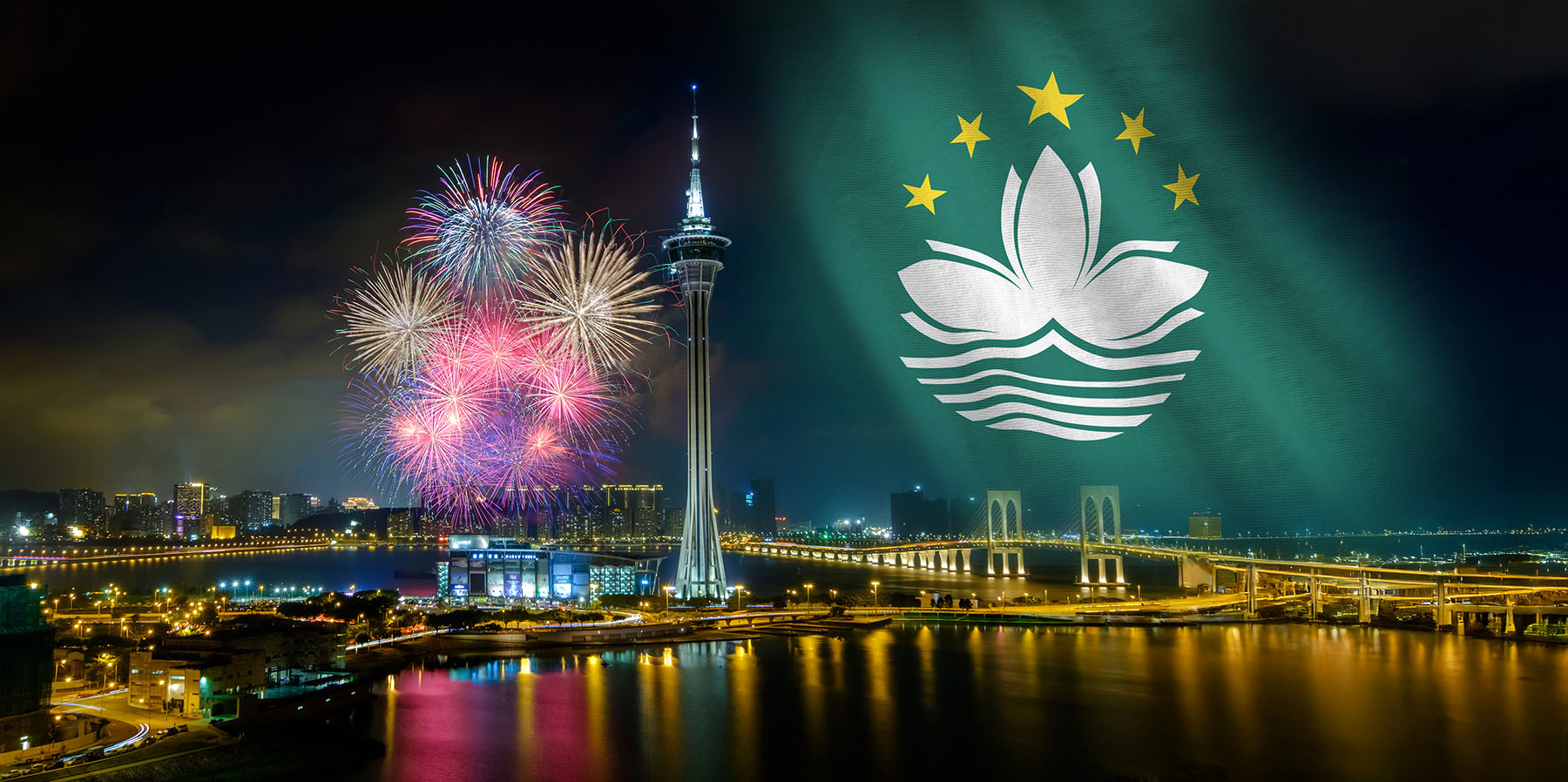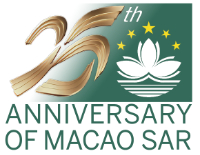
The Macao Special Administrative Region celebrates its silver jubilee this year — a milestone marking a quarter-century of transformation. Since its return to the motherland in 1999, the city has reshaped itself politically, economically and socially. With a new chief executive and a revamped team of accountability officials due to take office on Dec 20, the Macao SAR is at a crossroads — facing challenges and opportunities as it continues to uphold the principle of “one country, two systems”, improve livelihoods and foster prosperity.
 Macao’s political landscape has undergone significant changes in the past 25 years. The appointment of a new chief executive this year signals yet another adjustment in governance. The central government’s expectations are clear — prioritize political stability and social harmony. For the new administration, this means not only strengthening communication with the public, but increasing transparency and trustworthiness to address the diverse needs of Macao’s residents.
Macao’s political landscape has undergone significant changes in the past 25 years. The appointment of a new chief executive this year signals yet another adjustment in governance. The central government’s expectations are clear — prioritize political stability and social harmony. For the new administration, this means not only strengthening communication with the public, but increasing transparency and trustworthiness to address the diverse needs of Macao’s residents.
This political shift reflects a dual purpose — reassessing past policies and recalibrating for the future. The new team of accountability officials embodies this balance. While some of them have been promoted from within, others have been shifted to new roles. This mix of experience and teamwork is expected to enable the SAR government to tackle Macao’s challenges more effectively.
READ MORE: CE-designate: Macao to help boost nation's modernization
Macao’s economy has long been defined by its tourism and casino industries, which flourished in the years following the handover. However, the COVID-19 pandemic revealed the vulnerabilities of this reliance. The city reopened more than 1,000 shops and service facilities last year in an effort to bring tourists back, highlighting the urgency to diversify the local economy.
Diversified development
Reducing dependence on gaming revenue is no longer an option — it’s a necessity. While the gaming business remains Macao’s economic backbone, competition from regional players like Singapore and Vietnam is intensifying. The Macao SAR government must now focus on developing non-gaming sectors, such as conventions, exhibitions and cultural events. These initiatives not only diversify revenue streams, but also add resilience to the economy and foster holistic social development.
 Recent developments underscore this potential. Macao’s revenue from concerts reached an impressive 1.1 billion patacas ($137 million) last year, surpassing even Hong Kong’s. The city hosted more international music icons than ever before, thanks to world-class venues that meet global standards. These activities have proven to be more than just entertainment — they are catalysts for boosting tourism and rebranding Macao as a vibrant cultural hub.
Recent developments underscore this potential. Macao’s revenue from concerts reached an impressive 1.1 billion patacas ($137 million) last year, surpassing even Hong Kong’s. The city hosted more international music icons than ever before, thanks to world-class venues that meet global standards. These activities have proven to be more than just entertainment — they are catalysts for boosting tourism and rebranding Macao as a vibrant cultural hub.
Economic growth alone can’t define Macao’s success. Social and cultural development must go hand in hand. Public concerns over social equity, environmental protection and cultural preservation have gained momentum in recent years. The new SAR government must strike a delicate balance between economic expansion and sustainable development, ensuring that progress does not come at the expense of Macao’s unique identity.
Macao’s efforts in heritage conservation have been widely recognized. The United Nations Educational, Scientific and Cultural Organization has praised the city’s dedication to preserving its architectural and cultural landmarks, earning Macao international acclaim. Protecting this rich heritage isn’t just about honoring the past, it’s also about shaping a future where culture remains a cornerstone of Macao’s identity. For the SAR administration, this represents both a challenge and an opportunity in sustaining the momentum while addressing the evolving needs of its people.
Looking back on the past quarter of a century of Macao’s journey, it’s clear the city has grown and transformed in profound ways. Yet, the road ahead remains uncertain. Macao must navigate a complex landscape of political, economic and social challenges while seizing the opportunities that come its way.
ALSO READ: Solid constitutional order ensures Macao SAR’s stability and prosperity
The new administration brings renewed hope and potential. By fostering transparency, embracing economic diversification, and prioritizing sustainable development, Macao has the chance to achieve even greater success in the years to come. This isn’t just a reflection on the past; it’s a promise for the future — a commitment to building a better life for its people and a brighter chapter in the city’s history.
Macao stands at a pivotal moment — it has an opportunity to redefine itself, not only as a global tourism destination, but also as a model of resilience, inclusivity, and innovation. The next 25 years will test the SAR’s ability to adapt and thrive in an ever-changing world. The question is not whether Macao will rise to the occasion, but how it’ll shape its destiny.
The author is the convener at China Retold, a member of the Legislative Council, and a member of the Central Committee of the New People’s Party.
The views do not necessarily reflect those of China Daily.


